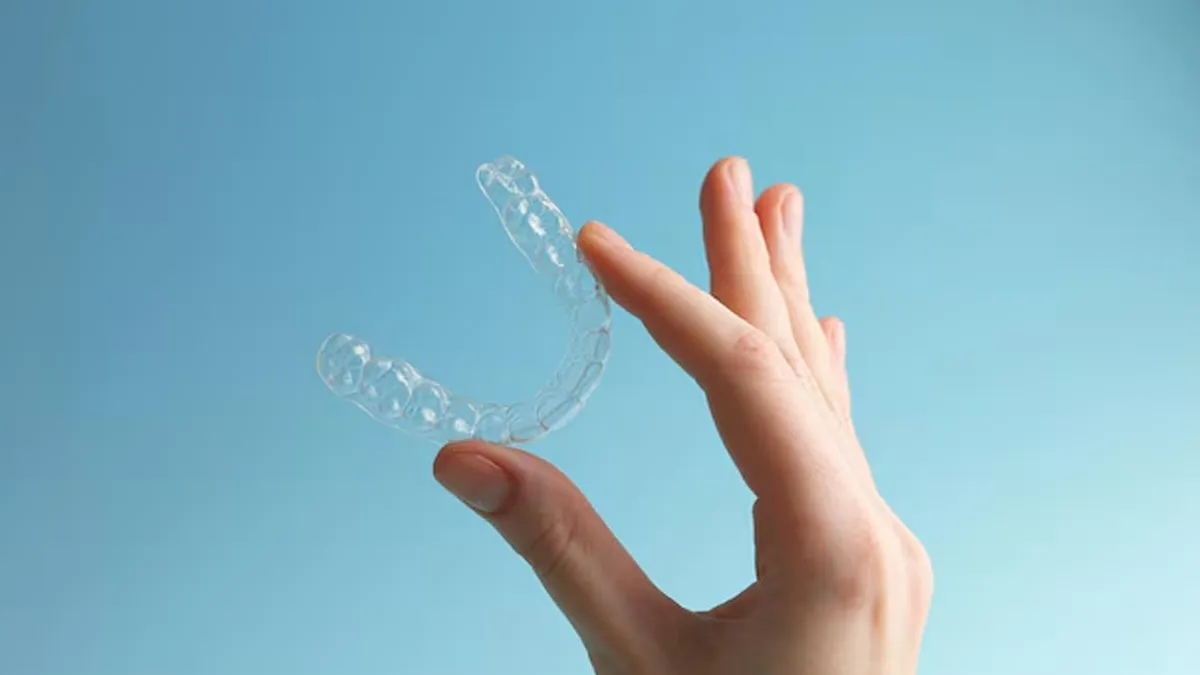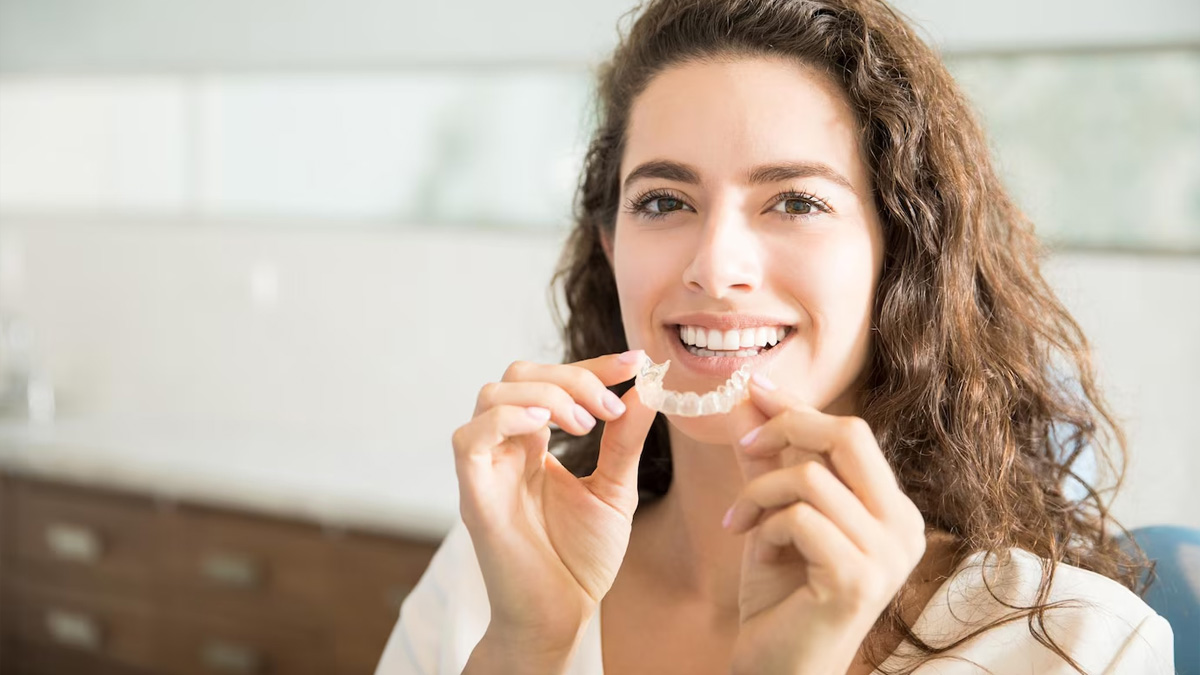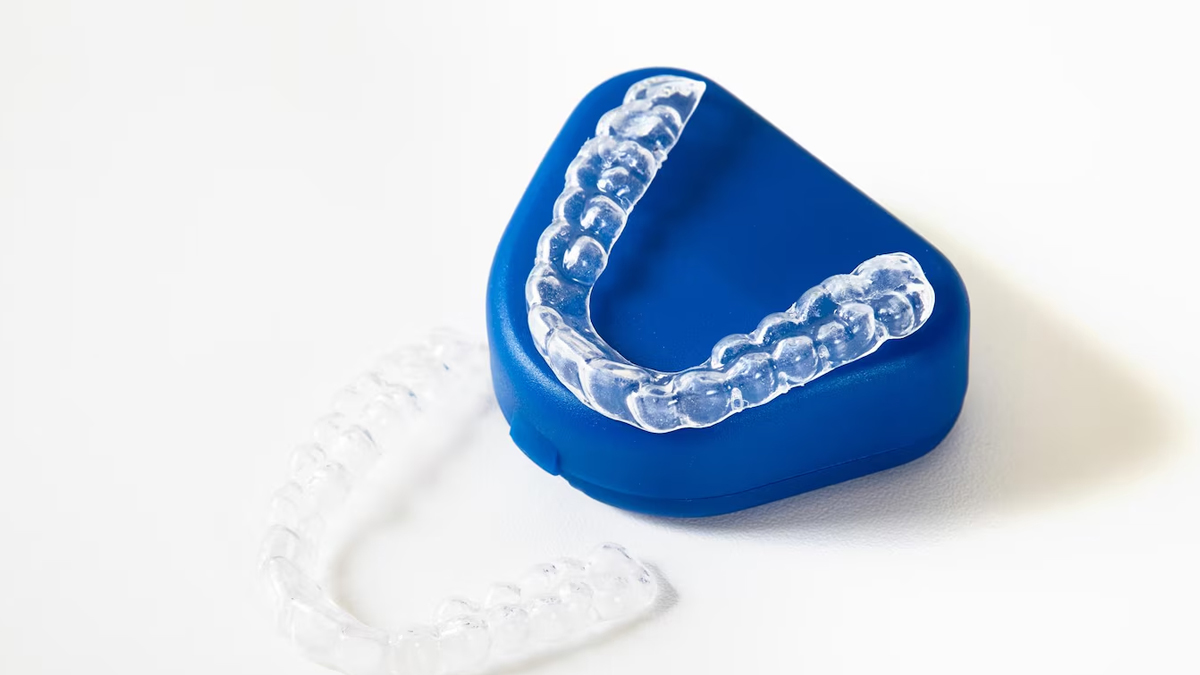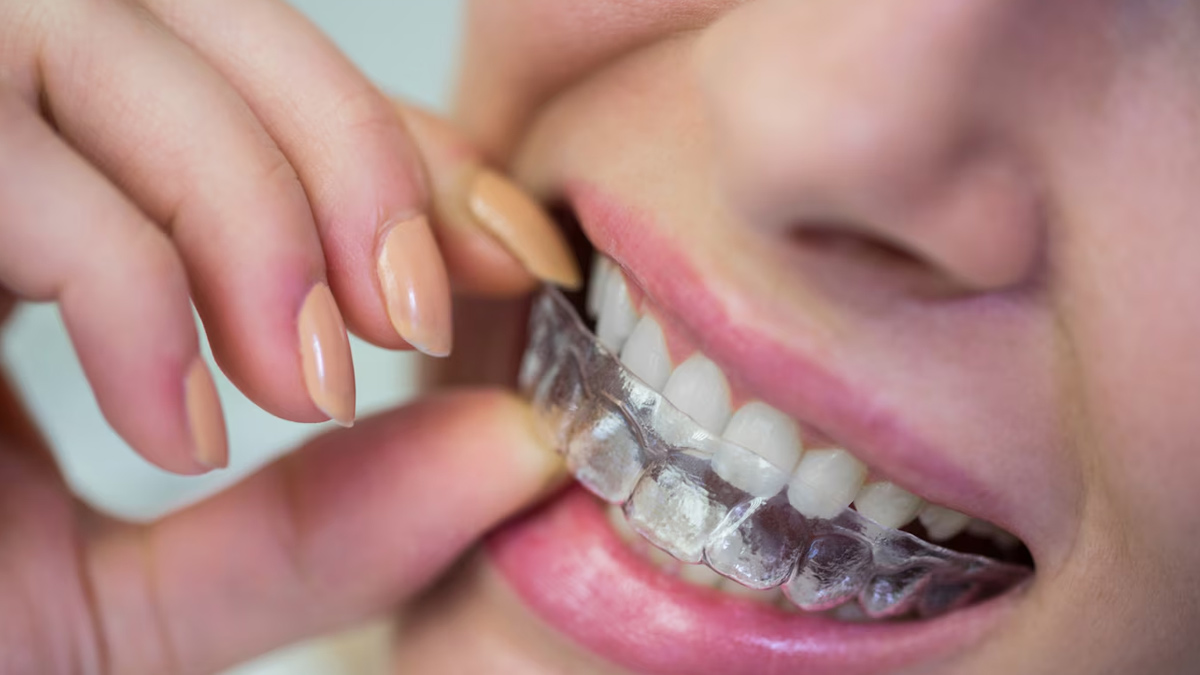
Crooked teeth, gaps, or other dental concerns may require braces for proper alignment. Braces consist of brackets attached to the teeth, connected by wires or sometimes elastic bands. They not only help straighten teeth but also improve oral health. While most people understand the importance of maintaining good oral hygiene with braces, they often overlook or ignore post-braces care. In most cases, this includes looking after the retainers that are often recommended after treatment. But what are retainers, and how can one keep them clean in the long run? Here’s all you need to know about the same.
Table of Content:-
Also Read: How To Properly Care For Your Braces
What Are Retainers?

Dr Poonam Agrawal, Professor - Department of Orthodontics and Dentofacial Orthopaedics, Sharda Hospital, Greater Noida, describes orthodontic retainers as custom-made devices, usually made of acrylic and metal, that help keep your teeth in their new positions after braces or other orthodontic treatment.
He says, "They are most commonly prescribed for nocturnal use to prevent relapse of tooth movement. Clinical evidence indicates that, in the absence of retention, teeth may exhibit significant regression within a matter of weeks."
Retainers may also be utilised for minor tooth repositioning or as a protective measure against parafunctional habits such as bruxism or teeth grinding.
Why Retainers Should Be Cleaned Regularly
Regular cleaning of retainers is crucial to avoid contamination. According to Dr Agrawal, improperly cleaned retainers can serve as reservoirs for oral biofilm, including pathogenic microorganisms such as Streptococcus mutans and Candida albicans, as demonstrated in a 2018 microbiological analysis.
A recent study published in the journal BMC Oral Health tested how much biofilm forms on five types of clear orthodontic retainers over time. While the type of material didn’t make a big difference, biofilm increased significantly from day one to day three, then levelled off. Candida albicans produced the most biofilm, while the bacteria showed similar, lower growth. Time and the type of microbe mattered more than the retainer material.
Dr Agrawal adds that the accumulation of biofilm may contribute to halitosis, dental caries, gingival inflammation, and, in some cases, opportunistic infections like oral candidiasis. Hence, maintaining hygienic retainer conditions is critical for preventing such oral health complications.
How To Maintain Retainer Hygiene

Routine cleaning significantly reduces the microbial load and mitigates the risk of oral colonisation.
Daily maintenance of a retainer should include:
- Rinsing the retainer under lukewarm water and gently brushing with a soft-bristled toothbrush.
- Use of a mild dish detergent solution or non-alcoholic, pH-balanced commercial retainer cleanser (immersion for 10–15 minutes).
- Exposure to high temperatures should be strictly avoided to prevent material deformation.
Also Read: Signs Your Child Needs Braces: What Age Is Most Appropriate?
Things To Avoid
Dr Agrawal advises against the use of abrasive substances like regular toothpaste, bleach, or alcohol-based mouthwashes on retainers, as they can damage the surface.
He says to avoid cleaning retainers with hot water or in a dishwasher either, since heat can warp their shape. Instead, use mild, unscented soap or special retainer-cleaning products to keep them safe and effective.
How Often Should You Go For Professional Decontamination?

“Professional retainer cleaning is advised biannually (every 6–12 months) or earlier if visible biofilm accumulation or malodour is detected,” says Dr Agrawal.
He adds that dental professionals may employ ultrasonic cleaning devices or chemical soaking agents to effectively remove calcified deposits.
These procedures not only prolong appliance longevity but also ensure optimal fit and oral health status during routine dental evaluations.
Conclusion
Keeping your retainer clean is just as important as taking care of your teeth during braces. If not cleaned properly, it can collect bacteria and fungi, which may lead to bad breath, cavities, or gum problems. Cleaning it daily with gentle products, avoiding heat and harsh cleaners, and getting it professionally cleaned every six months can help keep both your mouth and retainer in good shape. A clean retainer helps protect your smile and keeps your teeth aligned after braces.
Also watch this video
How we keep this article up to date:
We work with experts and keep a close eye on the latest in health and wellness. Whenever there is a new research or helpful information, we update our articles with accurate and useful advice.
Current Version